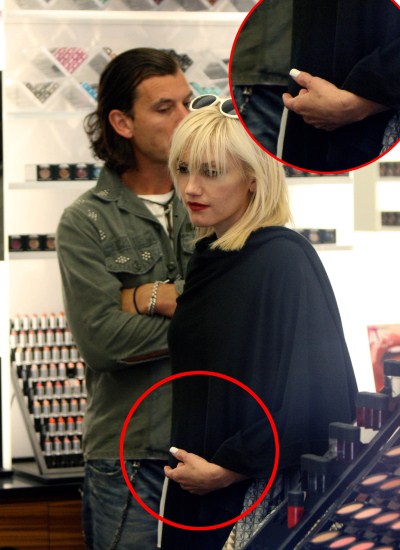
“I have no idea what that means,” Topf said, “but that’s the kind of thing you keep. Topf said that Belafonte had signed his photo, “Thanks for taking the rocks out of my pants.” The laundry in Ludwigshafen, he said, features an extensive collection of photographs of his favorite customers, including Phil Collins and Harry Belafonte.

Its been a few years since weve cruised on a Celebrity ship and I get my cruiselines mixed up. Topf also runs a laundry business in Ludwigshafen catering to businesses and restaurants. We have a 15-night cruise coming up next month on the Celebrity Constellation. Today, Topf’s business makes much of its income by renting out machines to touring productions, and it recently partnered with a businessman who has started an American version of Rock ’n’ Roll Laundry. At night, he would sleep on top of his machines, doing laundry during the day for the Bee Gees, among others.
#CELEBRITY LAUNDRY UPDATE#
He eventually bought a small truck, loaded in two washers and two dryers, and drove alongside touring bands.
#CELEBRITY LAUNDRY DRIVER#
After giving the driver directions, he was given free tickets to the concert, and later that evening, offered to clean the band’s clothes. One evening in 1982, while making a delivery for his parents’ business, Topf noticed Ted Nugent’s tour bus, seemingly lost. The best solution, he said, was for crew members to put down mats: “It’s better for the pants.” The dust gets on the clothes when performers throw themselves on their knees or roll around onstage. The most common stains on performers’ clothes, he said, were sweat and aluminum dust from truck ramps carried onstage by equipment-case wheels.


The most soiled garments he ever handled, he said, were coveralls worn by the metal band Slipknot that had been sprayed with beer, cream and fake blood, and left in garbage bags for three days. When he is on tour, Topf begins almost every day by washing the performers’ clothes, which usually have to be air-dried with a small fan. “I know every disabled bathroom in every German football stadium,” he said. He often had to work outside or wherever he could find running water, he said, including, at one point, in empty holding cells intended for disorderly fans in a South African stadium. The biggest challenge of doing tour laundry, Topf explained, was the volume, which can vary unpredictably, and the need to work without fixed facilities.


 0 kommentar(er)
0 kommentar(er)
